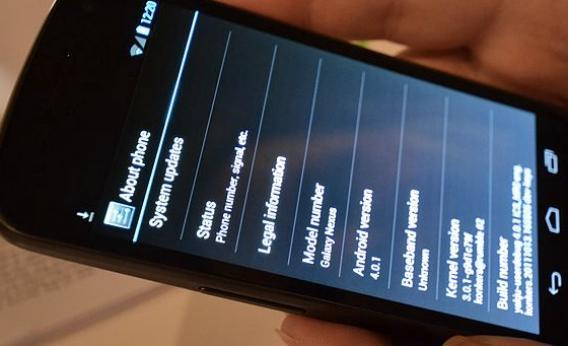To a first approximation, what makes a smartphone “smart” is that you can run apps on it. It’s not so much a phone as a little pocket computer with cellular broadband and the ability to make phone calls. So it’d be misleading to think of the employment impact of the invention of smartphones as limited to the jobs manufacturing the physical devices. All the companies making the applications should count too. Michael Mandel for Technet attempts to offer a very expansive look (PDF) at the full scope of the app economy:
App Economy now is responsible for roughly 466,000 jobs in the United States, up from zero in 2007 when the iPhone was introduced. This total includes jobs at “pure” app firms such as Zynga, a San Francisco-based maker of Facebook game apps that went public in December 2011. App Economy employment also includes app-related jobs at large companies such as Electronic Arts, Amazon, and AT&T, as well as app “infrastructure” jobs at core firms such as Google, Apple, and Facebook. In additional, the App Economy total includes employment spillovers to the rest of the economy.
That probably gets to be a definition so expansive as to stretch the relevance, but the basic point is an extremely sound one. As I’ve argued before, doing the same old thing but doing it with a smartphone app is a huge part of the future of innovation in America. A little processor power plus constant internet connectivity plus location services plus a camera has incredibly broad applications for all kinds of everyday service delivery and this, rather than building devices, is where the big economic impact comes in.
